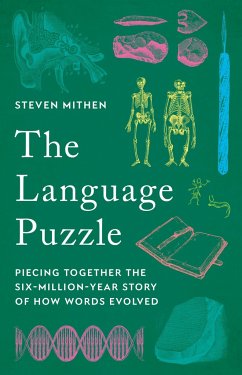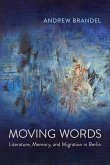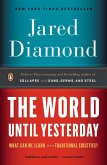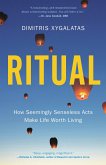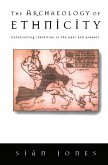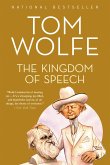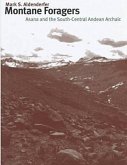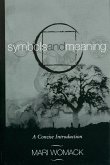"The emergence of language began with the apelike calls of our earliest ancestors. Today, the world is home to thousands of complex languages. Yet exactly how, when, and why this evolution occurred has been one of the most enduring--and contentiously debated--questions in science. In The Language Puzzle, renowned archaeologist Steven Mithen puts forward a groundbreaking new account of the origins of language. Scientists have gained new insights into the first humans of 2.8 million years ago, and how numerous species flourished but only one, Homo sapiens, survives today. Drawing from this work and synthesizing research across archaeology, psychology, linguistics, genetics, neuroscience, and more, Mithen details a step-by-step explanation of how our human ancestors transitioned from apelike calls to words, and from words to language as we use it today. He explores how language shaped our cognition and vice versa; how metaphor advanced Homo sapiens' ability to formulate abstract concepts, develop agriculture, and--ultimately--shape the world. The result is a master narrative that builds bridges between disciplines, stuns with its breadth and depth, and spans millennia of societal development"--
Hinweis: Dieser Artikel kann nur an eine deutsche Lieferadresse ausgeliefert werden.
Hinweis: Dieser Artikel kann nur an eine deutsche Lieferadresse ausgeliefert werden.

